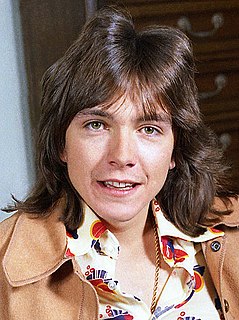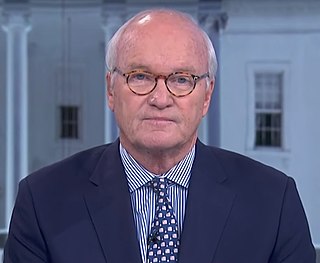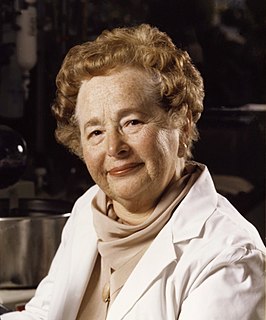A Quote by Antony Blinken
My father's father fled a pogrom in Russia in the early 20th century and was welcomed to the United States. So was my stepmother, who escaped as a young girl from Communist Hungary in 1950.
Related Quotes
When I was 11, I moved to Los Angeles to live with my father and stepmother and my half brothers. I became really close to my stepmother, and I am still very close to my brothers. My stepmother is the actress Shirley Jones, who was in 'The Partridge Family' alongside me, so we worked together for years.
When I was 11, I moved to Los Angeles to live with my father and stepmother and my half brothers. I became really close to my stepmother, and I am still very close to my brothers. My stepmother is the actress Shirley Jones, who was in The Partridge Family alongside me, so we worked together for years.
My father emigrated from Lithuania to the United States at the age of 12. He received his higher education in New York City and graduated in 1914 from the New York University School of Dentistry. My mother came at the age of 14 from a part of Russia which, after the war, became Poland; she was only 19 when she was married to my father.
To equate Vladimir Putin and the United States of America, as Donald Trump was asked, you know, I guess it was Bill O'Reilly who said, "But Putin is a killer." And he basically said, "So are we." That moral equivalency is a contradiction of everything the United States has ever stood for in the 20th and 21st century.











































